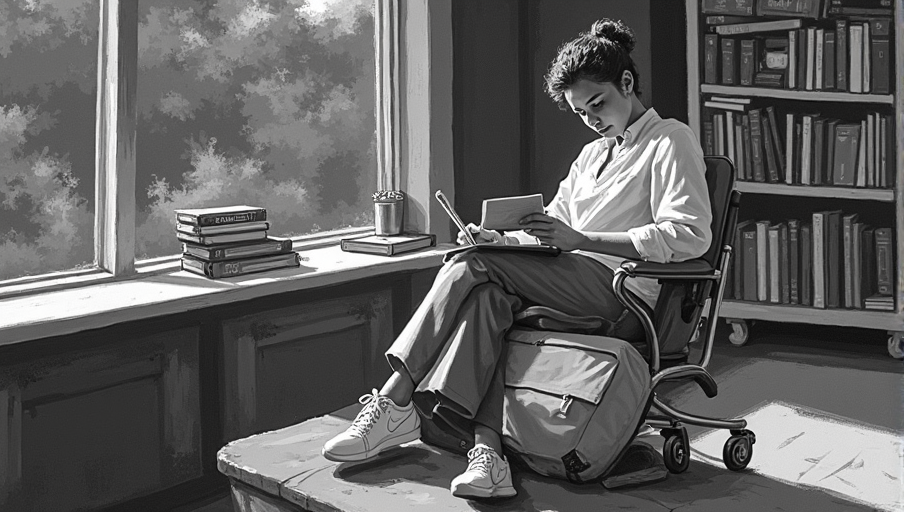English Conditionals [IF]: Types, Inversions, and Variations

Conditionals are essential in English grammar, helping us talk about possibilities, hypothetical situations, and consequences. In this guide, we’ll explore the main English conditional types, their structures, and common variations, including inversions that can add emphasis or formality to your sentences.
What Are English Conditionals?
Conditionals are sentences that describe cause-and-effect scenarios, often using “if” to introduce a condition and a result. Understanding these can improve your communication skills, especially in writing and speaking. Let’s dive into the main types and their unique variations.

1. Zero Conditional (General Truths)
The zero conditional is used for facts and general truths that are always true.
- Structure: If + present simple, present simple
- Example: If you heat water, it boils.
- Variation: When water is heated, it boils. (Using “when” instead of “if”)

2. First Conditional (Possible Future)
The first conditional talks about possible future events or situations.
- Structure: If + present simple, will + base verb
- Example: If it rains, we will stay inside.
- Inversion: Should it rain, we will stay inside. (Using “should” for emphasis)
Learn English Vocabulary with Songs

3. Second Conditional (Unreal Present or Future)
The second conditional is used for hypothetical or unreal situations in the present or future.
- Structure: If + past simple, would + base verb
- Example: If I won the lottery, I would travel the world.
- Inversion: Were I to win the lottery, I would travel the world.

4. Third Conditional (Unreal Past)
The third conditional refers to unreal situations in the past and their possible outcomes.
- Structure: If + past perfect, would have + past participle
- Example: If she had studied, she would have passed the exam.
- Inversion: Had she studied, she would have passed the exam.

5. Mixed Conditional (Different Times | English Conditional Types)
Mixed conditionals combine second and third conditionals, referring to different times.
- Structure: Uses second and third conditional structures together.
- Example: If I had studied, I would be a doctor now.
- Inversion: Had I studied, I would be a doctor now.

6. Common Variations and Inversions
- Using “Unless”: Replaces “if not.”
- Example: Unless you hurry, we will miss the bus. (Instead of: If you don’t hurry…)
- As Long As / Provided That: Adds emphasis on conditions.
- Example: Provided that you pay on time, you can have the service.
- Using Should, Were, Had: These inversions add formality and emphasis.
- Examples:
- Should you need help, call me.
- Were I rich, I would buy a mansion.
- Had I known, I would have acted differently.
- Examples:
Conclusion
Mastering English conditionals, including their variations and inversions, can greatly enhance your ability to express complex ideas. Use these structures confidently to add depth and clarity to your communication.
Call to Action: Share this guide to help others improve their understanding of English conditional types. Don’t forget to practice these variations in your daily conversations to become more fluent and expressive!



0 Comments